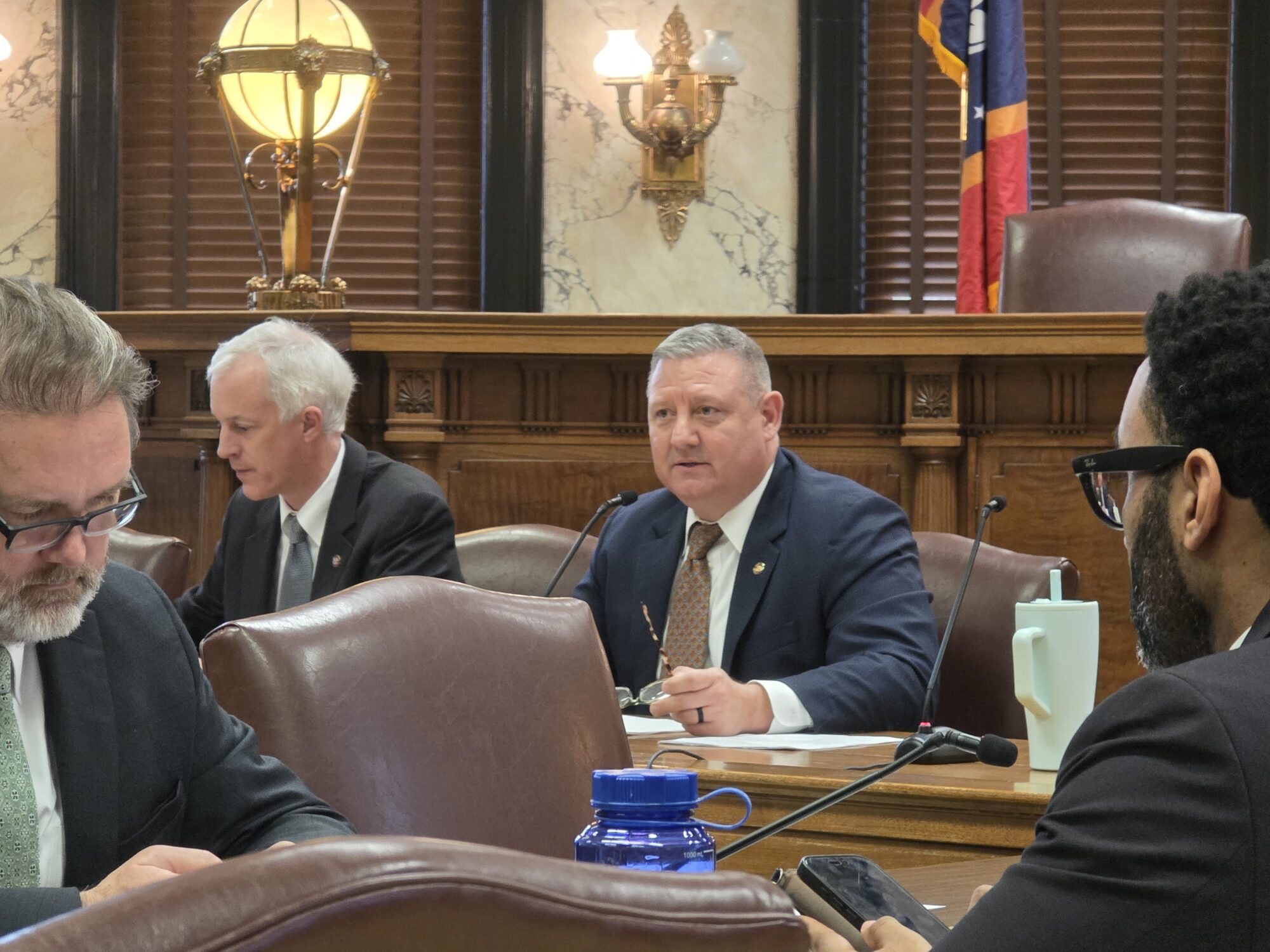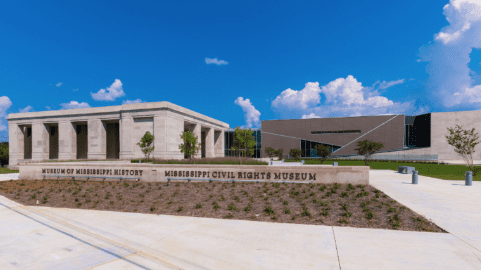
The University of Southern Mississippi main campus entrance in Hattiesburg,
- The Board also approved a STEM learning center at Ole Miss as well as health research and community engagement centers at USM.
The creation of two new online degree paths were approved by the Board of Trustees for the Mississippi Institutions of Higher Learning this week. Both degree programs were requested by the University of Southern Mississippi.
Associate Commissioner for Academic and Student Affairs Dr. Casey Prestwood presented the proposed degree programs to the IHL Board during Thursday’s meeting. One of the programs is a Bachelor of Applied Science in allied health and the second is a Doctor of Philosophy in computer science.
Prestwood said both programs will be offered completely online.
The Bachelor of Applied Science degree will be a 120-hour online course. It currently exists with the public health Bachelor of Science degree. The request to IHL was to make it a standalone degree path. Similar programs currently exist at Mississippi State University and the University of Mississippi.
Prestwood explained that the Bureau of Labor Statistics estimates there are about 1.8 million job openings in allied health fields and the demand is expected to continue due to employment growth and a need to replace current employees as they transition out of the field.
“Allied health professionals obtaining a four year degree also play a role in addressing workforce development needs in both healthcare and public health sectors,” Prestwood described.
The Doctor of Philosophy in computer science degree will also be offered as an online course at Southern Miss. It will provide instruction in the theory and practice of computing, giving students hands-on experience in cybersecurity research, data science, bioinformatics, artificial intelligence, computer vision and robotics.
Prestwood said the program currently exists as an emphasis with the computational science Ph.D. program, but this proposal would elevate it to a standalone degree. A similar degree is offered at Mississippi State.
According to information Prestwood gathered from the Bureau of Labor Statistics, it was estimated 682,000 job openings would be available for graduates with this degree from 2021 to 2031, with a median annual salary of $127,000.
The IHL Board approved the creation of both degree paths.
In addition, the IHL Board granted approval for the establishment of three centers during their regular meeting.
The request from the University of Mississippi was for the creation of the Center for STEM Learning. It will be located in the Thomas Duff Center for Science and Technology Innovation and will cost $550,000 to implement annually. Funds will come from the University of Mississippi through donations and grants.
“Four new faculty and five new staff will be needed for this center,” Prestwood said.
Its purpose will be to support STEM disciplines.
The University of Southern Mississippi submitted requests for two centers – the Gulf South Center for Community Engaged Health Research and Innovation and the Center for Community Engagement.
The Gulf South Center will be located on the institution’s Hattiesburg and Gulf Park campuses. It will cost $1.2 million to implement annually, with funding coming through donations along with federal, state and congressional monies. Through multi-stakeholder partnerships and workforce capacity, the center will conduct disease and health aging research to address health disparities.
As for the Center for Community Engagement, it was created in 2000 but was merged with the Office of Community Service Learning back in 2013 after it failed to meet the necessary requirements.
“The center now meets the standards of being a true center and USM is requesting the center be re-established,” Prestwood told the IHL Board.
With its re-establishment under the Office of Provost, it will require $121,216 to implement annually. Funding will come from educational and general funds. Its purpose will be to serve the entire university, from students, staff, faculty and external community organizations, in developing meaningful and mutually beneficial community engagement in an effort to effect positive social changes and assist in the development of citizens who are active leaders.










